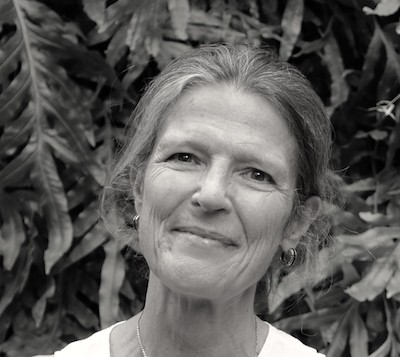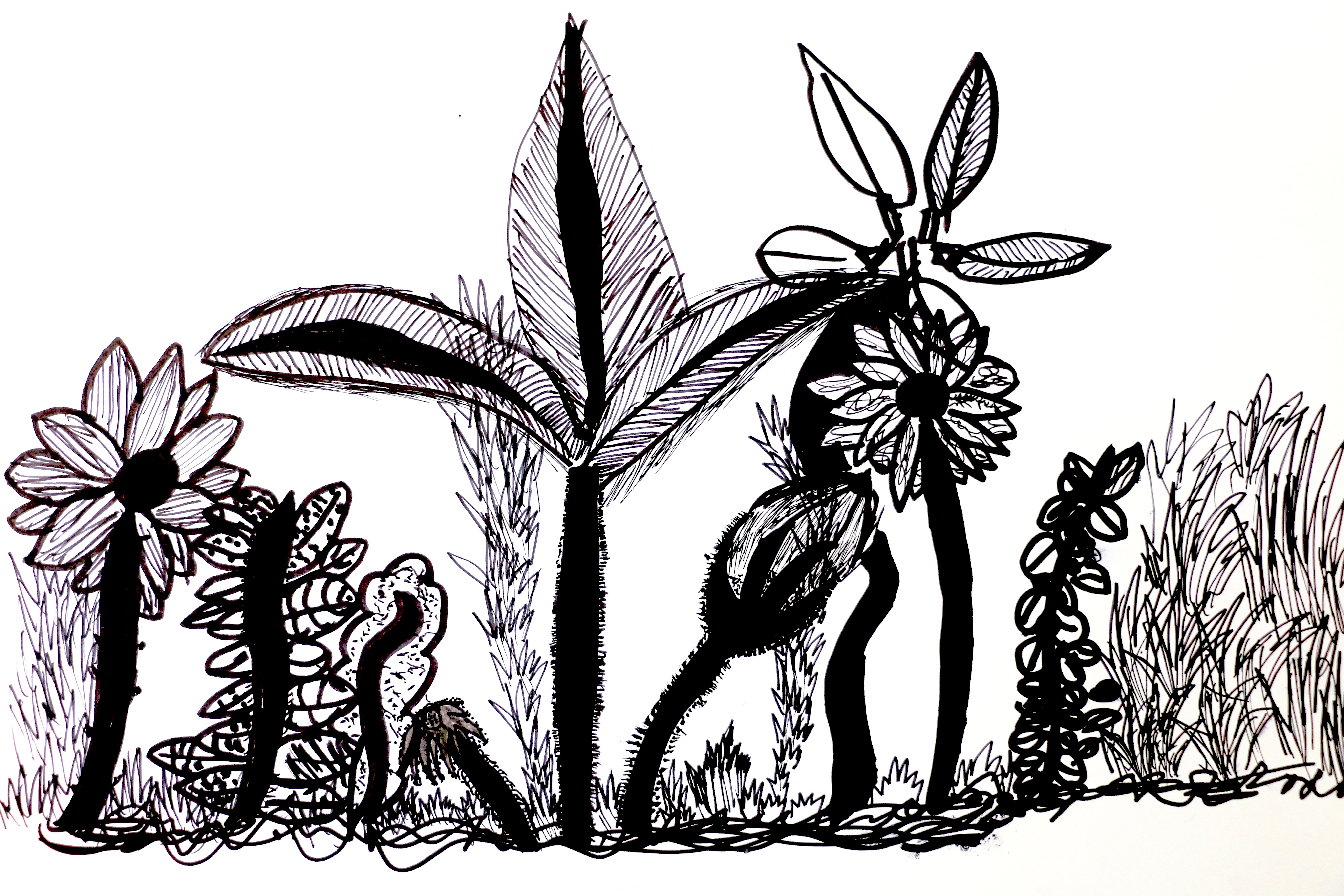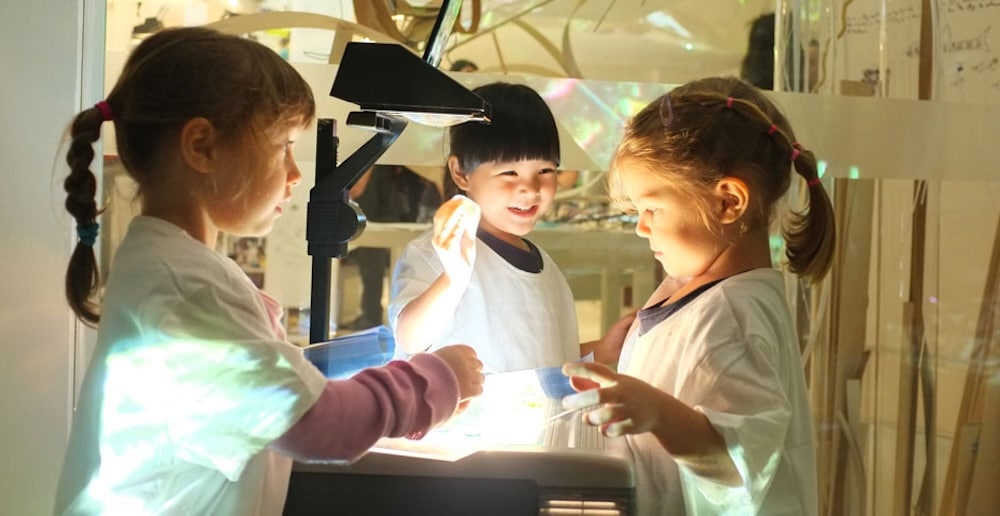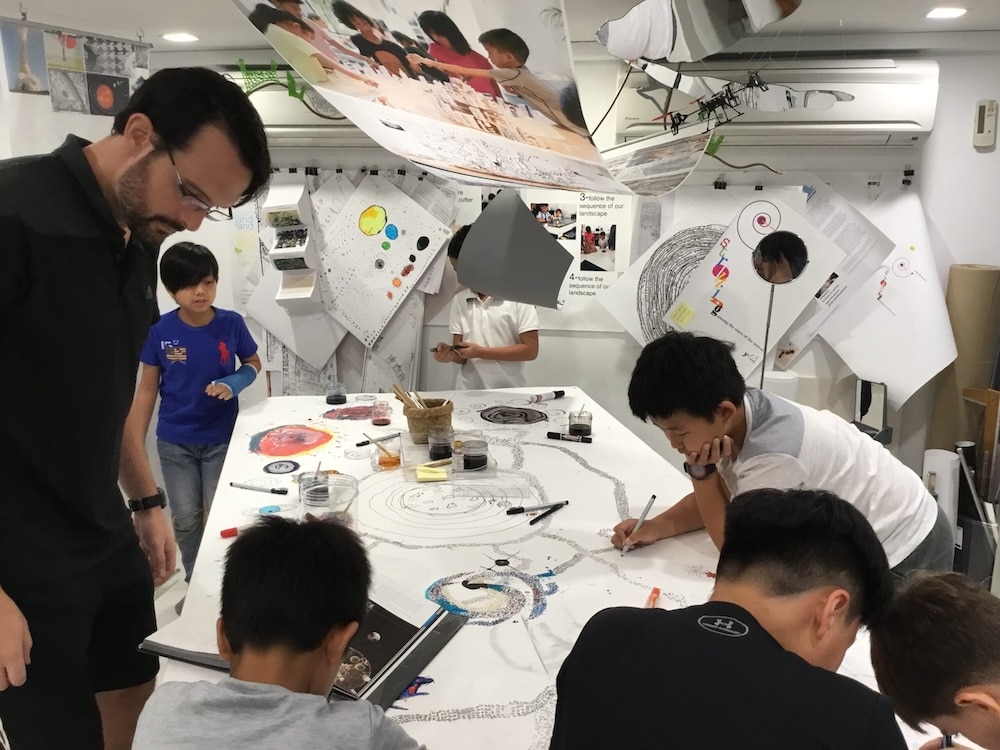Introducing… Gea Marijke Visscher, Head of Student Services and Wellbeing at ELC
Gea is an Educator, Clinical and Ortho Pedagogue (equivalent to Clinical Child Psychologist), Diagnostician, and Health Care Psychologist. Originally from The Netherlands, Gea worked as a clinician there until 1997, after which time she joined her husband on many overseas adventures across Asia and Europe, including Taiwan, Belgium, China, Indonesia, and India, which has instilled a deep appreciation for, and sensitivity to, the cultural differences of the children, parents, and teachers she has met.
Why did you choose this profession?
I have always had a fascination with human behaviour. As a young girl, I used to have many in-depth conversations with my father about our shared interest in how people think and act. I had originally wanted to be a nurse and to travel overseas, but following a serious sporting accident and surgery, I had to change tack. I became very interested in education, and, twinned with my passion for understanding human development and behaviour, I was naturally drawn towards psychology. I had a private clinic in the Netherlands for 10 years and taught psychology to medical students. I followed my husband on his diplomatic postings and found I could translate my profession wherever we landed, ranging from community health centres in Taiwan and Belgium to international school in Beijing, amongst others.
What therapies and support are available at ELC?
ELC’s Student Services and Wellbeing Department is an integrated facility within the school that provides support to children, teachers, and parents. We are a multi-disciplinary team of specialists offering a wide range of services to assist and support ELC children in their personal and academic development including: English as an Additional Language, Learning Support, Enrichment, Speech & Language Therapy, Individual Therapy/Counseling, and Psycho-Educational assessments. Each child is unique and we are committed to encourage, inspire, and support them to believe in themselves, to maximize their potential, and realize their own personal and academic wishes and goals.
What guidance do you give to parents accessing therapy and support for their child?
It is natural for some parents to be a little hesitant or cautious, but it is important to always remember that early intervention really provides the best possible prospects for your child. Whether you have some ‘light-weight’ questions or perhaps more serious concerns, it is always better to talk to someone with professional experience who can listen and advise on possible next steps. I would like parents to view accessing additional services or therapy as a way to get to know their child better, whether academically and/or socially and emotionally. The process might not always be ‘comfortable’ or it might raise some challenging questions, but you are giving a gift to your child by helping them now so they can flourish in the long-term.
The pandemic has brought with it mental and socio-emotional challenges for many people; what advice would you offer parents in particular to help navigate this time with their children?
There are some wonderful resources specifically to help guide conversations with children about the pandemic. I can recommend the story book ‘Trinka and Sam’, with an accompanying question and answer booklet, which were developed to help young children and their families talk about their experiences and feelings related to the pandemic. The story book and companion booklet can be accessed here: https://www.nctsn.org/resources/trinka-and-sam-fighting-the-big-virus
What do you like to do in your own time?
I love to read, listen to music, draw and paint, ride my bike, or go outside for a brisk walk. Yet, my favourite thing to do is to connect with my five children, and three grandchildren, who are currently living in different countries across the globe. To see them, listen to them, talk to them, sing songs, or read bedtime stories, always brightens my day.
What one piece of takeaway advice do you give to parents?All parents are vulnerable when it comes to their children; look to yourselves first and try to lower your own anxiety, show yourselves self-compassion. Above all, trust in your child and really get to know – and accept – them in all their individual, beautiful ways.




